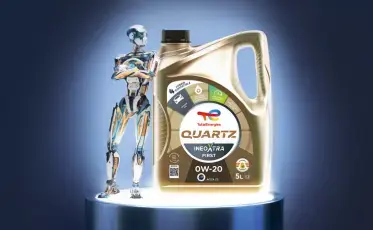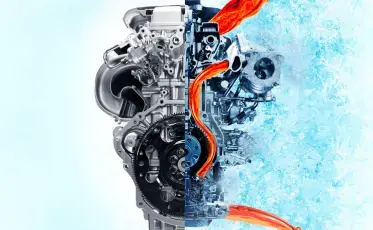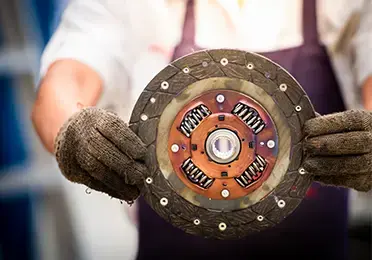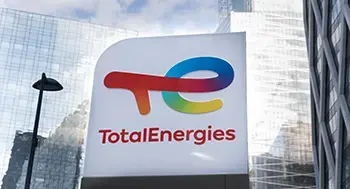In the following text, we will learn about the differences between gasoline fuel and diesel fuel. Gasoline requires a finely atomized mixture, as well as a spark to initiate the combustion process. It does not tolerate excessive pressure (compression). In contrast, diesel fuel requires a higher level of compression to self-ignite without a spark.

Gasoline in a diesel engine
Gasoline can cause more serious damage to a diesel engine than diesel can to a gasoline engine. Even small amounts of gasoline can wash away the thin film that lubricates the fuel injection pump in diesel engines.
This problem arises because the lubricating properties of gasoline are not the same as those of diesel. Furthermore, gasoline is more flammable than diesel, which means that if it gets into the diesel engine’s tank, it will ignite faster, causing uneven operation, stalling, reduced power, and engine knocking, possibly leading to permanent damage.
Even the smallest amount of gasoline in diesel tanks can harm the exhaust gas control system. Burning gasoline in any diesel engine will almost certainly cause irreversible damage to it.
Diesel in a gasoline engine
It is more difficult to put diesel fuel into a gasoline engine because the diesel nozzle does not fit the gasoline tank opening, which provides some protection but unfortunately is not an absolute barrier.
Even a mixture of just 5% diesel can cause expensive damage to a gasoline engine and its catalytic converter, especially if the car is driven for an extended period. This can lead to uneven engine operation and stalling.
Diesel should not ignite in an engine designed for gasoline because it doesn’t vaporize in the same way as gasoline. Gasoline engines are not designed to burn diesel fuel. If your car runs out of gasoline and you’ve previously added diesel, the engine will shut down.
What to do?
The first thing you should do after recognizing the mistake is to turn off the engine and avoid attempting to restart it. By doing this, you increase the chance that the incorrect fuel remains only in the tank, where it can cause minor damage. On the other hand, starting the engine raises the probability that the wrong fuel will spread and enter the motor, risking damage to its internal components and potentially increasing the overall cost of repairs. Keep in mind that some cars begin mixing fuel even before you turn the key, so it’s essential not to insert the key into the ignition. The next step is to call a towing service to take your vehicle to a professional auto service. There, they will perform fuel extraction from the supply system and tank, followed by disassembly and tank cleaning. Afterward, if everything is in order, refill the appropriate fuel and continue where you left off with your journey.
Our advice is that if you notice any irregularities on the car, contact one of our partner services from the TotalEnergies Workshop Concept.

5 fluids your car can’t run without

What if your engine overheats?

How to preserve the clutch plate?
